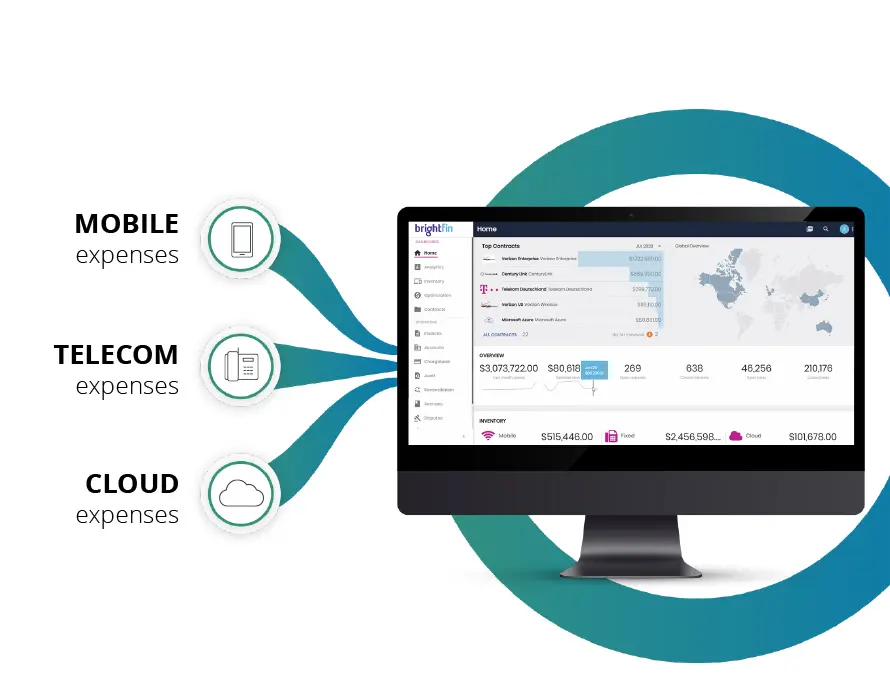Introduction
In today’s technology-driven world, hotels heavily rely on information technology (IT) systems to streamline operations and enhance guest experiences. However, IT costs can often pose a significant financial burden for hotels. To help alleviate this challenge, we present ten practical ways hotels can save on IT costs without compromising efficiency or customer satisfaction.
Embrace Cloud Computing
Transitioning to cloud-based solutions can significantly reduce IT expenses. Cloud computing eliminates the need for expensive on-premises servers, costly maintenance, and infrastructure upgrades. Hotels can leverage cloud services for data storage, email systems, property management systems (PMS), and other applications, paying only for the resources they use.
Virtualization and Consolidation
Virtualization technology allows hotels to optimize server resources by running multiple virtual machines on a single physical server. This consolidation strategy reduces hardware and maintenance costs, simplifies management, and improves energy efficiency.
Outsource IT Support
Consider outsourcing IT support services to specialized third-party providers. This approach can reduce the need for in-house IT staff, allowing hotels to benefit from expert assistance when needed while minimizing fixed labor costs. Outsourcing also ensures access to the latest technologies and industry best practices.
Implement Energy-Efficient Infrastructure
Adopting energy-efficient hardware and optimizing network infrastructure can result in substantial long-term cost savings. Hotels should invest in energy-efficient servers, switches, and routers that consume less power without compromising performance. Implementing power management features and turning off non-essential equipment during idle periods further reduces energy consumption.
Optimize Software Licensing
Hotels should conduct regular audits of their software licenses to ensure compliance and avoid unnecessary expenses. Evaluate the utilization of licensed software and consider switching to open-source alternatives for non-critical applications. Negotiating volume licensing agreements with software vendors can also lead to cost savings.
Centralize IT Procurement
Consolidate IT procurement activities by centralizing purchasing processes. Establishing partnerships with preferred suppliers and negotiating bulk purchase agreements can lead to discounted rates and cost savings. Additionally, a centralized approach enables better management of inventory and avoids duplicate purchases.
Leverage Virtual Meetings and Collaboration Tools
Reduce travel expenses and associated IT costs by utilizing virtual meeting and collaboration tools. Platforms such as video conferencing, project management software, and virtual communication tools facilitate efficient collaboration among hotel staff, remote teams, and suppliers, reducing the need for costly face-to-face meetings.
Regular Equipment Upgrades
Maintaining outdated hardware and software can be more expensive in the long run due to increased support and maintenance costs. Implement a proactive approach to equipment upgrades, ensuring that critical systems are running on supported and efficient technologies. Regularly assess hardware and software lifecycles to plan for necessary updates and replacements.
Implement Effective Data Security Measures
Investing in robust data security measures helps prevent costly data breaches and potential regulatory penalties. Implement firewalls, antivirus software, intrusion detection systems, and encryption protocols to safeguard guest data, financial information, and intellectual property. Regular security audits and staff training programs also play a crucial role in maintaining a secure IT environment.
Conduct Regular IT Cost Reviews
Periodically review IT expenses to identify areas for improvement and cost reduction. Analyze spending patterns, assess the effectiveness of IT investments, and identify opportunities for optimization. By continuously monitoring IT costs, hotels can make informed decisions to drive efficiency and allocate resources effectively.
Conclusion
Hotels can achieve significant cost savings in their IT operations by implementing smart strategies. Embracing cloud computing, virtualization, and outsourcing IT support can help reduce infrastructure and labor costs. Optimizing energy efficiency, software licensing, and centralized procurement processes further contribute to overall savings.

Leave a Reply